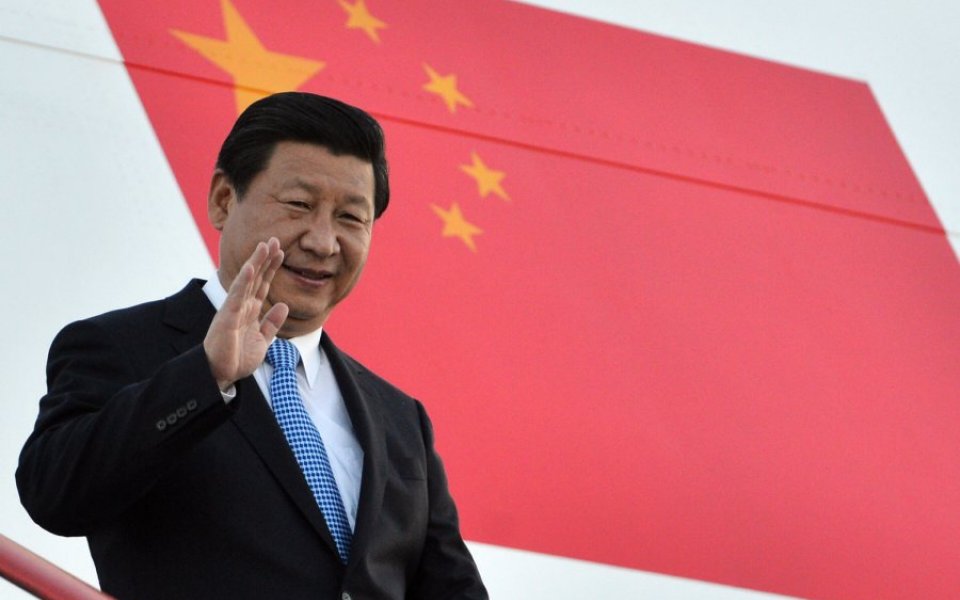The UK’s failure to take a strong line on China’s unfree internet is a blow to British businesses

The visit of Chinese President Xi Jinping to Britain this week has proven very profitable for the UK.
George Osborne has secured investment in three new nuclear power plants and potentially a high speed railway.
Like other major investments in infrastructure, such as the much-anticipated Crossrail, they’ll create both short and long-term employment, skills training and social mobility, not to mention a more prosperous political relationship between our two nations in the future.
I’m not doubting the significance of these deals – they will provide a huge boost to the UK.
But in their discussions yesterday, while Xi and the Prime Minister reached an agreement not to engage in industrial hacking or cyber theft of trade secrets (similar to the truce secured by the White House during the Chinese President’s visit to the US last month), this is unlikely to go anywhere near far enough for British businesses.
Read more: How we can become China’s best partner in the West
Indeed, whatever high-level commitments are made, the issue really comes down to China’s attitude to the internet more generally.
Any British firm hoping to benefit from closer commercial ties with China must protect itself when venturing into the country’s waters.
The Chinese government heavily monitors the internet, to the extent that internet cafes, all chat rooms, online games and e-mails are recorded, making it impossible to fly under the radar or send a truly private message.
China has even curated an internet police force, with the primary job of filtering through politically sensitive conversations.
Both could be a danger to British firms; any important information – from presentations, to strategy documents to recruitment plans – could become assets used as leverage by Chinese government agencies and companies.
In a dog-eat-dog business world, this could have grave consequences and this fact must be highlighted to all businesses seeking future relations in the region.
Despite the country’s rapid economic growth over the past decade, another key concern is that China still lacks the necessary ingredients of a free market economy.
The Chinese internet is one of the most heavily censored in the world and, as a result, acts as a huge barrier to entry for firms aiming to secure a piece of the pie.
A prime example of this is the ban on the most commonly-used marketing platforms in the West: Facebook, Instagram and Twitter.
Read more: It’s a golden era for UK-China relations
While China has its equivalents, the obvious issue is that successful western social media firms are prevented from growing and earning subsequent revenues in China.
Furthermore, thousands of firms that readily use those sites as a platform for marketing are also unable to promote their products or services in the same way as they would elsewhere in the world.
The UK government should be lobbying China to lower these barriers to entry and open up its markets as part of any future trade agreement.
There is also an ethical dimension to this. Closer commercial ties should be an opportunity to encourage a wider commitment to human rights.
China has blocked news agency and charity websites that have publicly criticised the Chinese government in the past, including the BBC and Amnesty International.
I can’t fault the work of the Conservative government; it’s secured future economical growth and strengthened our relationship with a world superpower.
However, I can’t help but think we’ve missed a big opportunity to challenge China’s regime; and all in order to secure one thing: money.